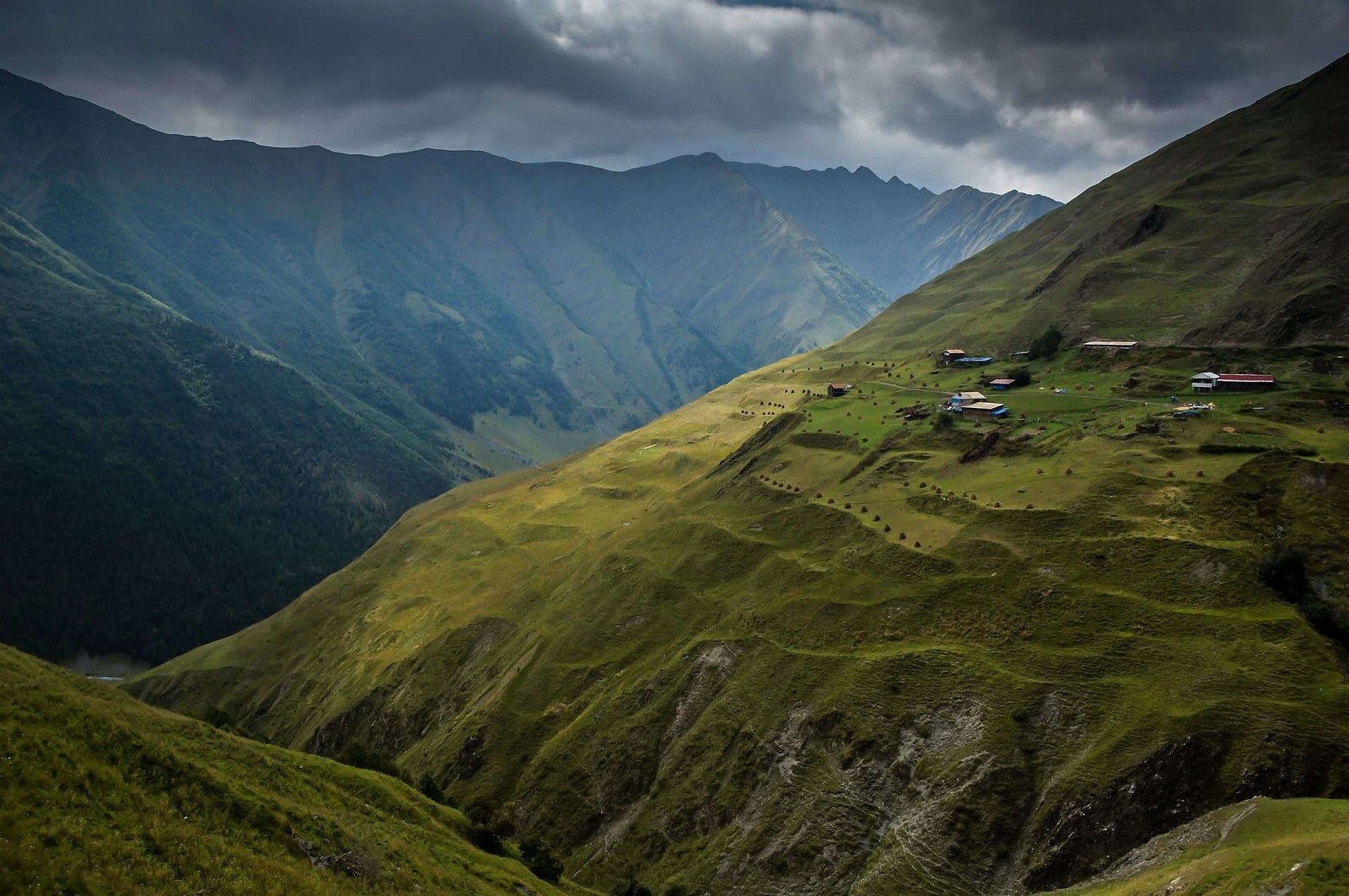
Discover Georgia, a captivating land of mountains, vineyards, and ancient cities. Explore Tbilisi, the Caucasus Mountains, wine regions, and cultural landmarks with our comprehensive travel guide.

Discover Georgia, a captivating land of mountains, vineyards, and ancient cities. Explore Tbilisi, the Caucasus Mountains, wine regions, and cultural landmarks with our comprehensive travel guide.